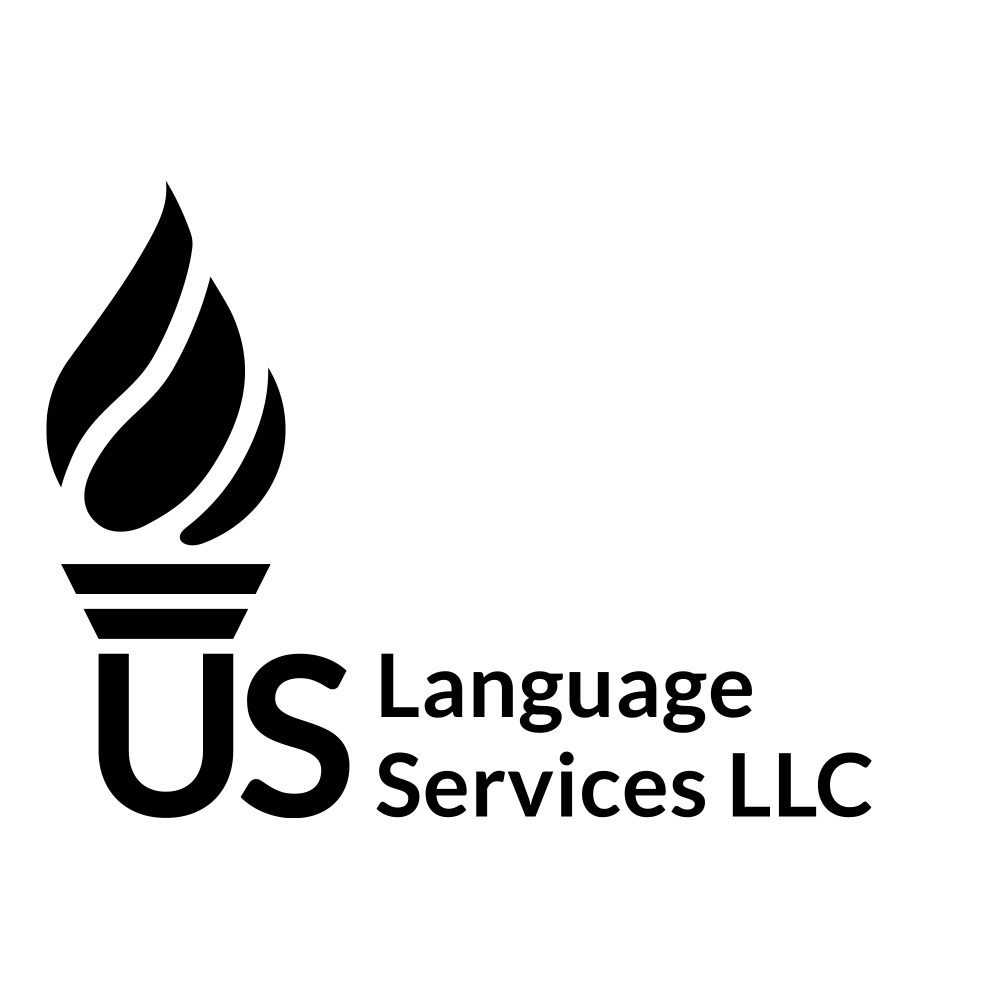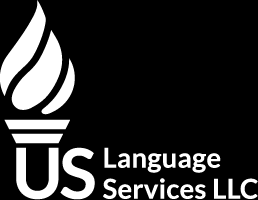Statement of Purpose Dos and Don’ts
The statement of purpose is an important opportunity for applicants to introduce themselves in a professional and engaging way. Many prospective students, however, produce a forgettable essay, or worse, hurt their chances by committing some common errors. Some of these mistakes are obvious, while others may seem a bit counterintuitive. Read on for five things you should and should not do when writing a statement of purpose.
DOs
-
-
Follow the Directions
Most schools request a similar statement of purpose essay, but pay close attention to any distinctions. Do they phrase it as a “personal statement?” If so, they may be looking for something geared more towards your background and motivations, i.e., something more personal. Be precise and answer exactly what they are asking.
-
Respect the Word Count Range
You’re likely not going to be disqualified for going a few words over or under, but the fact that you are not within the recommended limits is a red flag. Too many words likely indicates overly complicated sentences or something in your writing that needs to be tightened up. If you have gone through multiple edits and still can’t figure out a way to lower the word count, try a free writing app that streamlines your writing. If you’re coming in under the expected word count, you are likely undervaluing or missing critical content.
-
Research Each School
Know the specifics of the program and school, and then write about how your particular attributes complement the program. Read about the school’s values, watch videos about a day in the life of students there, and learn as much about the individual program as you can. Don’t include unnecessary details, but explaining why a particular part of the program appeals to you shows genuine interest and indicates that you would be a good fit at the school.
-
Have Someone Else Read It
This can be difficult for people who are self-conscious about their writing, but it is an essential step. Try to find an impartial friend or colleague to give you an honest assessment of the essay. Ideally, don’t ask your mom, best friend, or someone who may sugarcoat their opinion of it. If possible, turn to a trusted professor or consult an editing service.
-
Be Unique
Admissions boards read many, many essays, a lot of which do little to impress. It is not the writers themselves who are unimpressive, but rather the fact that cookie-cutter essays make no impression at all. If your background is not particularly remarkable, then discuss how your interests are. The school wants to know what makes you different and how you can contribute. Be brave.
-
DON’Ts
-
-
Don’t Use the Same Essay for Different Schools
You can and should use similar information, but it is surprisingly common for students to wrap up a beautiful essay to Princeton with a sentence talking about how much they admire the Yale program. Some students try to sidestep this potential error by sending out a boilerplate essay to multiple schools. These usually come across as insincere and impersonal.
-
Don’t Plagiarize or Use AI to Write your Essay
Universities may run your essay through a plagiarism checker and potentially an AI checker. Use all the resources you need, but make absolutely sure that your words go down on the paper. This is an essay about you. Copying someone else’s ideas and thoughts is going to hurt, not help.
-
Don’t Waste Words Praising the University
Be respectful, but don’t come off as fawning. The school admissions board and faculty may appreciate a compliment, but praise the program once and then tell them how you can contribute. The school doesn’t need to hear about how it has an amazing program with first-class professors. The school knows itself. It doesn’t know you. Introduce yourself.
-
Don’t Use Cliches
“Ever since I was a young girl, I dreamed of attending the Western Carolina Institute of Industrial Manufacturing.” Statements about childhood dreams and destiny are intended to show purpose and drive, but they usually ring false. Unless you are planning to become a third-generation alumnus somewhere, the idea that attending this program is your destiny is neither credible nor necessary.
-
Don’t Send an Essay that has not been Expertly Translated and Proofread
The admissions committee is likely not judging you strictly on your English and writing, but it absolutely will judge you for sloppy grammar and spelling. Although it may feel like you are giving your entire life story, the schools are still relying on the impression you give them, and coming across as a lazy or careless writer is not how you want to portray yourself. Show them that you are a professional individual worthy of their consideration.
-
Guaranteed Acceptance
All our certified to English translations are accepted by the USCIS. Our translations follow the guidelines established by the USCIS and are also accepted by educational institutions.
Most Requested Documents
FAQs
You can order most translations 24 hours a day, 7 days a week through our online store. For large projects (more than 20,000 words or 50 pages), please request a quote.



